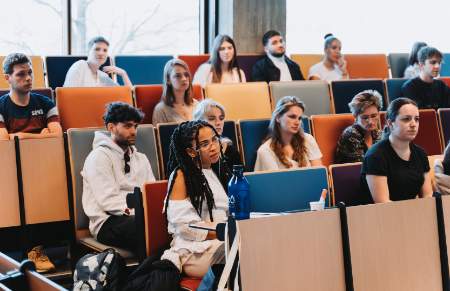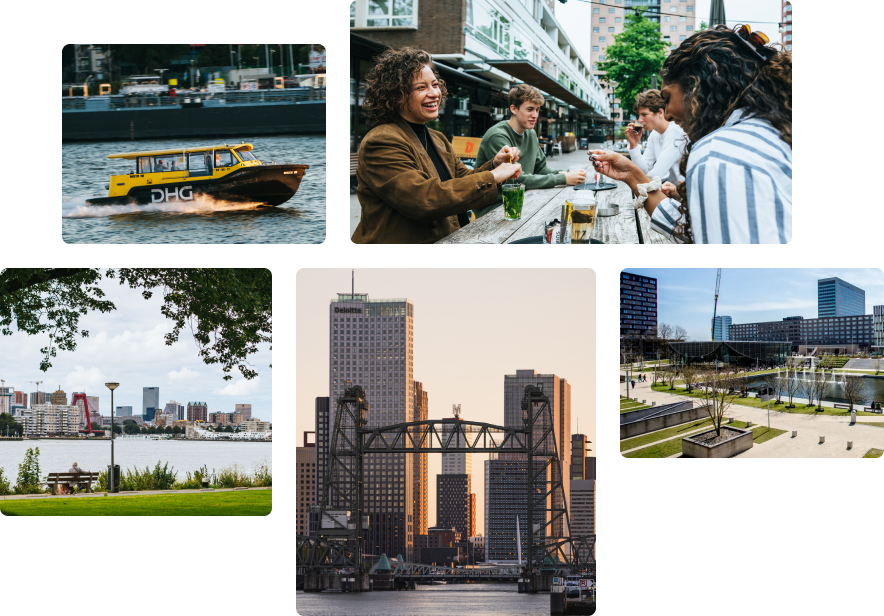Is this the programme you're looking for?
Are you passionate about understanding how mass media and digital technologies shape today’s world? Are you eager to use that knowledge to create positive change? Do you want to explore how social media platforms, algorithms, and artificial intelligence influence democracy, culture, and everyday life? And are you ready to develop the expertise to address urgent challenges such as social injustice and inequality, political disinformation, and cultural polarisation? Then the master specialization Media, Digitalisation & Society (MDS) is the right program for you.
Practical information
- Type
- Master
- Degree
- MA
- Mode of study
- Full-time
- Instruction language
- English
- Duration
- 1 year
- Study points (EC)
- 60
- Location
- Campus Woudestein
- Start date
- September
- Application Deadline (EEA)
- 15 May
The study programme in a nutshell
Media, Digitalisation & Society (MDS) is one of the four specialisations within the master Media Studies. The curriculum is intensive and interactive, built around seminars, workshops, and guest lectures. This specialisation uniquely combines media theory, internet studies, and the sociology of technology to critically analyse how digitalisation reshapes culture, politics, and everyday life.
You will debate urgent issues, work on real-world cases, and collaborate with peers and experts in an international classroom. Together, you will explore topics such as mis- and disinformation, social media activism, AI and algorithmic disruption, and the role of digital platforms in strengthening or weakening democracy.
What you will learn
As a student, you will:
- Analyze processes of media representation, production, circulation, and consumption in the digital age;
- Explore the impact of digital cultures and trends on cultural identity, reputation, and privacy;
- Understand how mass media and digital technologies can be used responsibly for social change;
- Dive into the social and ethical aspects of platforms, algorithms and artificial intelligence;
- Develop strategies for ethical communication in policy, NGOs, and business;
- Train essential communication and scientific skills such as critical analysis, convincing argumentation, persuasive writing, and conducting empirical research.
Want to know more? Meet us here

Career opportunities after graduation
Graduates of Media, Digitalisation & Society are equipped to make a difference in communication, media, and policy.
They work as:
- Consultants and advisors in public administration and NGOs;
- Communication officers and social media strategists;
- Journalists, editors, and producers;
- Researchers in media, digital culture, and technology;
- Professionals who bridge media, technology, and society for positive impact.


